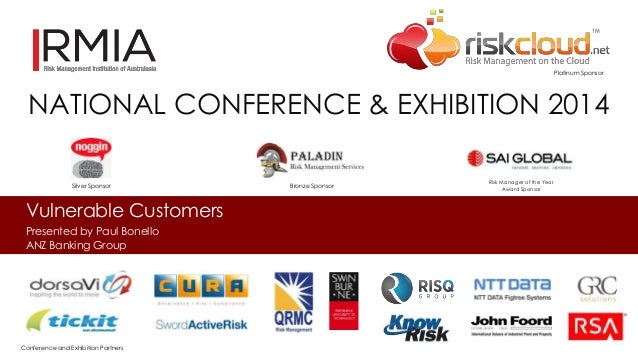Anz Gambling Guidelines

Certain types of customers may pose higher ML/TF and sanctions evasion risks to ANZ. Examples include people with political connections (Politically Exposed Persons), Money Services Businesses, casinos and gambling services, embassies and consulates, correspondent banks, customers located or operating in jurisdictions with weaker AML laws,. The new policy of ANZ is set to come into effect on December 3rd. Under the changes which are to be brought to the new problem gambler policy of ANZ, credit card holders will not be provided with the opportunity to use more than 85% of their available credit to make bets in online gambling sites.
Webinars are a key area of learning and development provided to chapter members. 2011 will see the second series of Australasian regional webinars in a diverse range of AML/CTF and sanctions topics cover both New Zealand and Australia. Australia’s autonomous sanctions regime will be reviewed as will cyber terrorism and its impact on an AML program. As the AML/CTF regime in New Zealand ramps up there will be a webinar on the supervisory approach to be taken by the respective New Zealand supervisors. Rounding up the year will be sessions on the remittance sector and the gambling sector. All in all, a great variety of topics.
Membership continues to grow but the chapter does not want to rest on its laurels. A chapter membership and retention strategy has been developed and will be rolled out during the year. The key points being to encourage ACAMS members in the region to join the chapter. Members’ events and webinars are seen as key part of membership. The board will continue to work to provide top quality members’ events and webinars.
The chapter is always keen to embrace new members. One initiative which has proved very popular was providing copies of the March–May edition ACAMS Today to representatives of law enforcement, FIUs, and regulators in both New Zealand and Australia.
The chapter continues to assist ACAMS’ association with the UNSW Law School and this is proving to be mutually beneficial. The UNSW post graduate AML course for 2011 has attracted in excess of 40 students with a significant number of registrations arising from ACAMS marketing efforts. This win-win is an excellent result of the partnership which the chapter board is keen to assist ACAMS deepen. ACAMS is seeking out further opportunities in the Australasian tertiary education sector to develop relationships that enhance AML/CTF knowledge and skills.
By the time this edition of ACAMS Today is published, chapter members will have been actively involved in the 3rd ACAMS Asia Pacific AML Conference held in Beijing in June. Guy Boyd (ANZ), Gavin Coles (NAB), and Aub Chapman (Chapman Consulting) all of whom are chapter board members and Tim Goodrick of the Australian Attorney General’s Department participated as speakers.
Anz Gambling Guidelines California
On the education front, several chapter members have participated in a major ACAMS project to deliver the 5th edition of the CAMS Study Guide. At the chapter board meeting in April the board agreed to establish a taskforce to develop the long-overdue Australasian Regional CAMS sub-designation study guide and examination questions. ACAMS will oversee this work to ensure that the sub-designation study material and examination meets the same exacting standards that apply to the main CAMS examination.

Anz Gambling Guidelines 2019
Touching on legal and regulatory matters, as we go to press, the New Zealand AML/CTF Regulations are due to be published shortly. The release of these regulations will enable New Zealand reporting entities to finalise their AML/CTF program implementation planning. In Australia, AUSTRAC continues to publish AML/CTF Rules which expand Australia’s AML regime. Of interest is the connection between the AML Act and the sanctions regime under the Countermeasures provisions in the AML/CTF Act. Also in Australia, by mid-year the remittance sector is expected to be subject to a more rigorous regulatory regime.